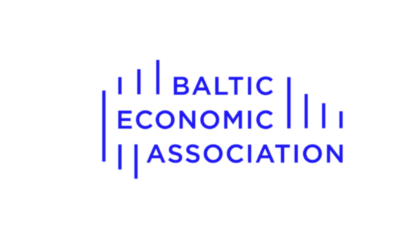On December 16, 10:00 – 15:40, Bank of Lithuania is organising the Annual Economics Conference: Pillars of Resilience Amid Global Geopolitical Shifts. The event will be broadcast online.
The year 2025 will mark the 10th anniversary of the euro introduction in Lithuania. Lietuvos bankas dedicates its Annual Economics Conference to commemorate this occasion. The central theme of the conference, “Pillars of Resilience Amid Global Geopolitical Shifts”, is an invitation to reflect on the critical challenges facing Europe today and the actions necessary to cope with them.
During this conference we will discuss the role of the European integration in strengthening Europe’s economic potential and resilience as well as address a broader range of related topics, including response to geopolitical fragmentation and its economic effects, enhancing strategic autonomy, and upscaling of our industrial capacity (including defence).

